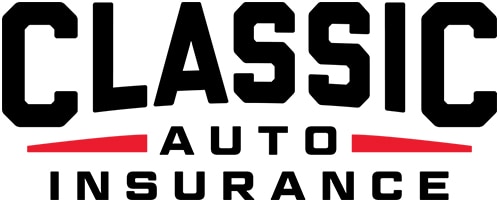
Owning a 1966 Shelby GT 350 Fastback or the iconic sports Porsche 911 will definitely add significant value to your collection. But you need to secure your precious investment and protect your classic car from wear and tear, theft and other natural calamities. Recent studies have proved that more than half of classic car owners prefer to buy standard insurance coverage. However, most standard insurances do not provide the best insurance coverage for collector cars and often undervalue the total worth of your classic car. Hence, buying classic car insurance that is tailored specifically to your car is an addition most collectors don’t want to do without.
It is necessary to purchase the right kind of vintage car insurance as classic car restoration, repair and maintenance can be a costly affair. Here are five pointers for you to consider while shopping for the best collector car insurance:
-
Insurance coverage is provided based on the value of the classic car. The value of the classic car is established in three ways: Actual Value of the car (which is the depreciated worth of your car, determined by the make, model and year), Stated Value (the maximum value agreed upon by you and your insurance provider), and Agreed Value (this value is determined after an appraisal of the car has been performed by a licensed appraiser). It is incredibly important that your car is valued properly, so you can get the best insurance coverage and make sure you are properly covered in the event of an accident.
-
Make sure your insurance company allows you to pay high deductible upfront. This will help you lower your monthly, quarterly, and yearly premium amounts.
-
If you drive your classic car often, you need to be careful about the mileage covered, as most insurance companies have mileage restrictions. You will very likely lose any claim made if you do not abide by the mileage clause. Choose an insurance policy that gives the best mileage option (that is, if you want to drive your classic car often).
-
Most insurance companies have age restrictions for classic car drivers. The driver should have reached the age of 26 and should have a good, clean driving record.
-
Most classic car insurers require classic cars to be parked in an extremely safe and secure garage (or other secure facility) so that the chances of damage or destruction due to natural or other causes are minimized.
Once you get your classic car insured with a policy tailored to your requirements, make sure to review your insurance coverage from time to time so as to make necessary adjustments (for repairs, restorations, additions, etc), as you need to cover the increased value of the work done.
Classic Auto Insurance provides a range of classic car insurance plans. Our standard classic car insurance plans include agreed value and roadside assistance as well as next term mileage rollover. For more info and a free collector car insurance quote, contact us at 888-901-1338.
Sources:
http://www.centralvalleyclassics.com/information/insurance.html
http://www.toweautomuseum.org/antique-car-insurance/
http://www.selfgrowth.com/articles/a-comprehensive-guide-to-insuring-your-classic-car.
About the Author
Drew Yagodnik is Vice President of Classic Automobile Insurance Agency, Inc. Classic Automobile Insurance Agency has been protecting collector, classic and exotics since 1992.





